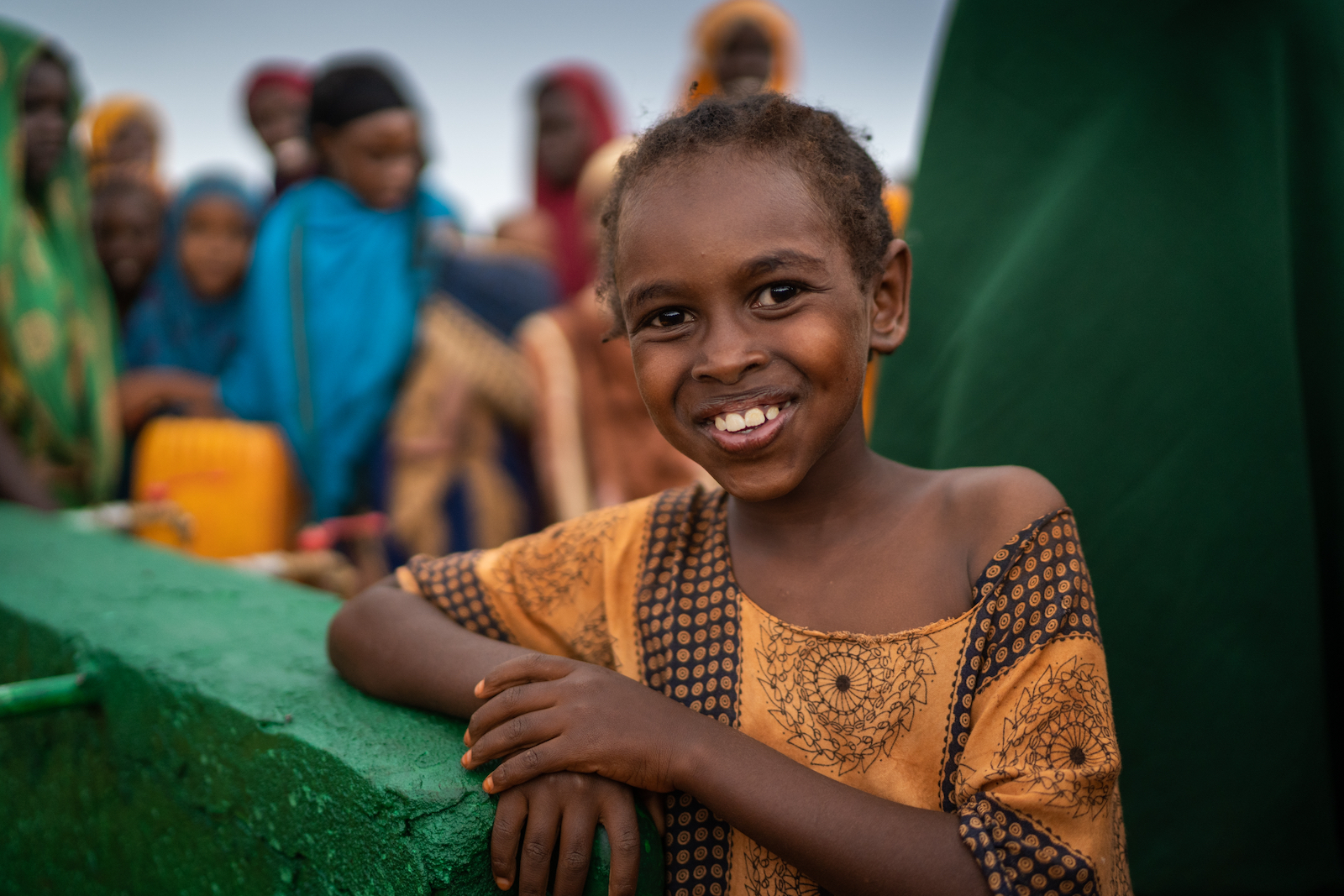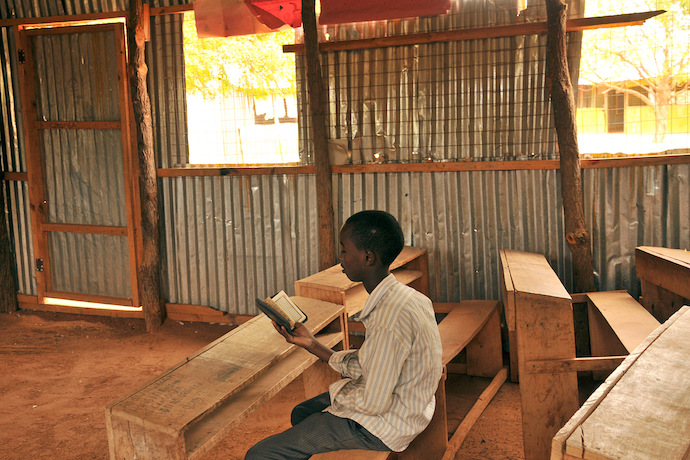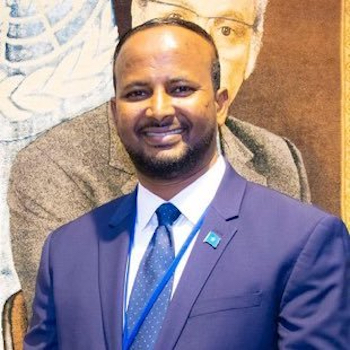
Solidifying the State: Completing Somalia’s Constitutional Vision
At the very crux of Somalia’s governance lies its constitution, a document that must evolve from its current interim state to help the nation realize its ambitious, yet wholly reachable, dreams in the ensuing years.
Tracing its lineage of constitutional documents since independence in 1960, Somalia has seen an array of political foundations: three constitutions, two charters, and one provisional constitution. This succession of documents reflected the tumultuous shifts of governments and their fleeting grips on power. However, 2012 marked a significant shift with the formation of the Federal Republic of Somalia.
The Somali Provisional Constitution was more than a legal document; it was a lighthouse in a stormy history, projecting the ideals that Somalia would remain “a federal, sovereign, and democratic republic” built upon the pillars of inclusive representation, a multiparty system, and social justice. It is a document that places ultimate authority in the hands of the people, only to be exercised within the bounds of this constitution and the law.
The Provisional Constitution gives the Constitutional Court the power to annul any law or administrative action at odds with the constitution’s supremacy. “After the Shari’ah, the constitution of the Federal Republic of Somalia is the supreme law of the country. It binds the government and guides policy initiatives and decisions in all sections of government. Any law, or administrative action that is contrary to the constitution may be invalidated by the Constitutional Court, which has the authority to do so in accordance with this constitution.”
For a country at the dawn of its rebirth, this constitution served admirably, yet its provisional nature pointed to a task incomplete. The process of review, intended to coincide with the tenure of the first Somali Federal Parliament, remained unfinished by its conclusion in August 2016. The subsequent transformation into a bicameral legislature necessitated a recalibration of approach and a deeper examination of unresolved constitutional queries involving power distribution, fiscal harmonization, electoral systems, and the establishment of universal suffrage.

A constitution transcends the mere operational mechanics of a state. It reflects a profound social contract, a mirror of the collective identity and ambitions of its citizenry. The perpetuation of a provisional constitution threatens to cast the current administration in an ephemeral light, undermining the permanence achieved since the end of the Transitional Federal Government era. Today, Somalia stands beyond its political infancy, ready to affirm its sovereignty through the critical act of finalizing its constitutional review, a top priority for President Hassan Sheikh Mohamud following his re-election in 2022.
In this pursuit, President Mohamud has engaged leaders of Somalia’s federal states and various stakeholders, crafting political agreements that span judicial federalization, power delegation, security structure, resource, and revenue allocation, among other domains. These agreements reached a pivotal consensus on May 27, under the auspices of the National Consultative Council, particularly regarding Somalia’s electoral framework. Yet, such matters hinge on the ratification by the Federal Parliament.
Somalia’s journey to finalize its constitutional framework unfolds at a particularly precarious moment. The nation contends with economic, health, and climatic adversities, while simultaneously confronting the persistent menace of al-Shabaab and navigating regional tensions inflamed by external agreements. Amid these trials, the strength of Somalia’s constitution becomes a bedrock from which it can adapt and respond cohesively to emergent challenges.
Meanwhile, a January agreement between the Ethiopian government and the breakaway region of Somaliland has further threatened to destabilize the region. For a nation to confront these various perils effectively, it must rely on the steadfastness of its populace and the wisdom of its leaders, but it also must draw strength from its constitution, the legal and political structure of which enables it to adapt to new circumstances and confront new threats in a unified fashion.
Notwithstanding these tribulations, Somalia has charted remarkable progress, highlighted by a pivotal debt relief announcement from the IMF and the World Bank that promises to rejuvenate its economy. This, coupled with the lifting of a protracted arms embargo, points to a newfound solidarity across Somalia’s government institutions in achieving previously elusive goals. The anticipation of assuming full security duties from the African Union by the end of 2024 marks another stride toward self-reliance.
The importance of concluding the constitutional review cannot be overstated. For a nation sculpting a tranquil and prosperous tomorrow, a robust and permanent constitutional foundation is not optional but essential. It symbolizes a break from the provisional nature of its past governance and sovereignty. With a vision of peaceful coexistence and an active role in regional and global affairs, the finalization of constitutional tenets remains imperative.
Spanning nearly twelve years, the collective endeavors of the Somali Federal Government, its regional counterparts, and their legislative assemblies, alongside civic society engagement, have been laboring towards the articulation of a lasting constitution. The journey has been marked by sporadic progress, but the extensive development across Somalia’s political landscape signals that the moment to fulfill this endeavor has arrived. The establishment of a permanent constitution will endure as a monument to the collective Somali spirit, a safeguard for their heritage, and a bulwark for the generations to come.

